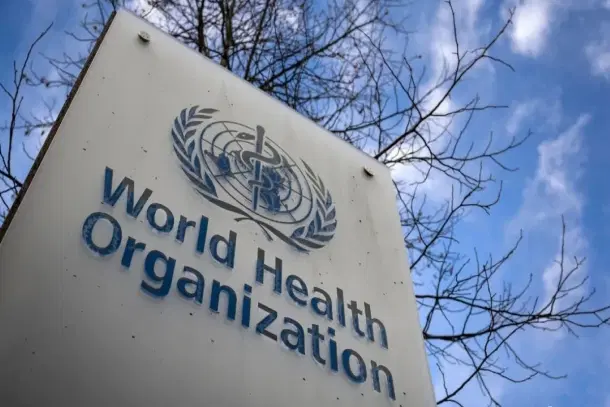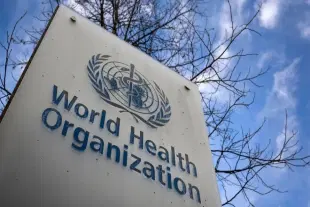World
WHO Declares Monkeypox Outbreak A 'Global Health Emergency'
Swarajya Staff
Jul 25, 2022, 04:58 PM | Updated 04:58 PM IST
Save & read from anywhere!
Bookmark stories for easy access on any device or the Swarajya app.


Just two and a half years ago, the World Heath Organization (WHO) called Covid-19 a global health emergency.
Now, it has made the same declaration for another virus.
On 23 July, the United Nations' health agency said the monkeypox outbreak was an “extraordinary” situation that requires the highest level of concern, on par with Covid-19, polio, the 2014 Ebola outbreak, and the Zika virus situation in 2016.
The emergency committee couldn’t reach a consensus on whether monkeypox should get the designation. Then, WHO Director-General Tedros Adhanom Ghebreyesus stepped in as a tiebreaker.
“We have an outbreak that has spread around the world rapidly through new modes of transmission, about which we understand too little,” he said.
Monkeypox is not new. It has existed as an endemic in sub-Saharan Africa for decades. This summer, it appeared in regions where it previously hadn’t circulated.
Since May, the virus has infected more than 16,000 people across more than 70 countries, according to the Centers for Disease Control and Prevention.
Ninety-nine per cent of the cases outside of Africa are men, and 98 per cent of the cases have been found in men who have sex with other men — particularly those who have multiple sexual partners, according to the WHO.
“Stigma and discrimination are not okay. Stigma will not help, it will drive people away from seeking diagnostics,” said Rosamund Lewis, technical lead for monkeypox at the WHO.
The WHO has suggested that by providing information and resources targeted to the community, the outbreak could be contained.
So let's talk monkeypox framing. This seems to be stumping people, so let's get down to it: contagions spread through contact between people. The more close and vigorous an activity, the more we breathe, sweat and touch others, the higher the likelihood of transmission. Period.
— jess kant (@jessdkant) July 23, 2022
While monkeypox can leave you with a nasty rash, it is not as lethal or transmissible as smallpox, the virus to which it’s most similar.
More than 99 per cent of the patients are expected to survive a bout with monkeypox, and existing vaccines and antivirals are available for prevention and treatment, as per reports.
However, there is one problem. The current supply of vaccines is insufficient.
Some experts are warning that we might be repeating similar blunders in our response to monkeypox as in the early days of Covid-19.
The WHO is confident that the monkeypox outbreak can be contained as more resources are deployed to combat it.
If not, some scientists fear that it could evolve into an entrenched sexually transmitted disease, as per a report in the AP.





